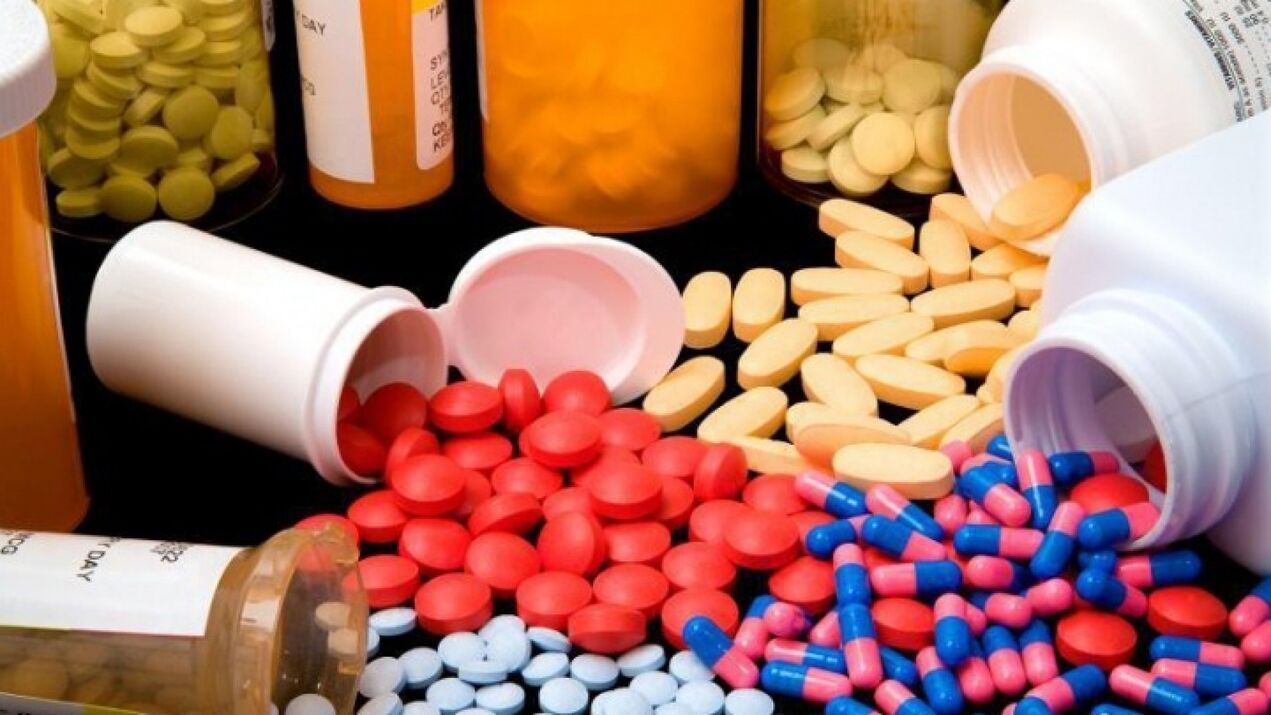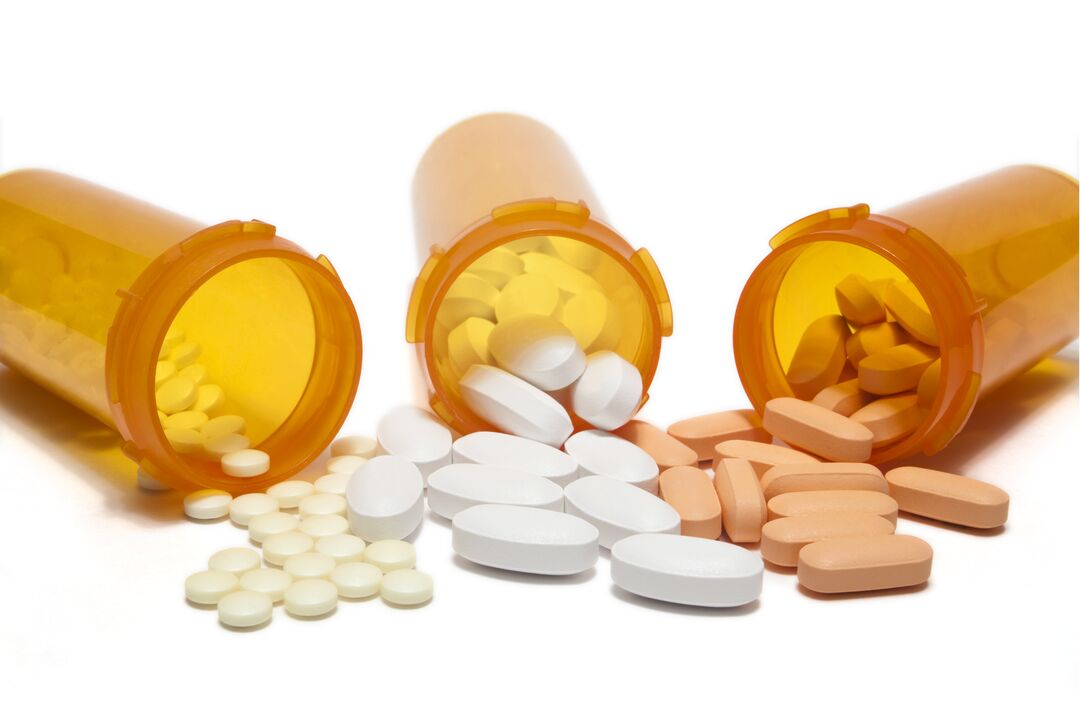Prostatitis is an inflammation of the prostate gland. The disease belongs to the category of men and mainly affects middle-aged and older men. Depending on the reasons of origin, the characteristics of the course and the individuality of the patient, the doctor chooses an effective treatment tactic using antibiotics - drugs that inhibit the vital activity of pathogens and accelerate the patient's recovery. Antibiotics for prostatitis are an effective tool to eliminate the inflammatory process.
About the disease
Depending on the nature of its origin, acute or chronic forms of prostatitis differ. In acute prostatitis, the source of the disease is an infection, ie bacteria or viruses. The chronic form develops with obstruction in the region of the prostate gland or in the absence or ineffectiveness of treatment of the disease. As a rule, the disease occurs with a decrease in local or general immunity, and in some cases is the main cause of male infertility.
Prostatitis is a very complex disease, the treatment of which is a long and continuous process. This is due to the peculiarities of the anatomical structure of the male body, the complexity of which makes it difficult for some drugs to penetrate. This contributes to the persistence of the infection and the development of the inflammatory process for a long time.
At the same time, the effectiveness of therapy depends on an integrated approach, the main task of which is to restore the original structure of the prostate gland and its functionality. One of the treatments is effective drug therapy, including the use of antibacterial drugs - antibiotics. Patients often ask themselves what antibiotics to take for prostatitis?
Benefits of antibiotic treatment
The use of antibiotics in the treatment of the disease is considered one of the most effective methods in the fight against pathogenic flora, so these drugs are indispensable components in the fight against this insidious disease.
Antibiotic therapy has two goals, one of which is to destroy the source of the disease, and the second is to eliminate the inflammatory process. In addition, the appointment of antibiotics reduces the risk of secondary infection with non-specific prostatitis.

Antibacterial drugs for prostatitis are selected individually by the doctor based on the patient's complaints and the results of laboratory tests, among which are necessary: urine and prostate secretions, as well as the study of sensitivity to antibiotics.
There is a misconception that it is an effective antibacterial drug that eliminates the inflammatory process and can get rid of prostatitis. At present, a number of antibacterial agents affecting one or another type of pathogen have been developed and put into production.
As a rule, the course of treatment prepared by the attending physician lasts an average of 1-2 months, and the main method of therapy is treatment with antibiotics for prostatitis, which is selected individually depending on the type of pathogen found in the body.
Antibiotic groups
Antibiotic treatment of prostatitis has long been shown to quickly eliminate acute inflammation, regardless of which group it represents. However, before prescribing a specific drug, bacteriological inoculation of prostate gland secretion is necessary for the sensitivity of the pathogen to a particular drug.
In most cases, or when tests are not available, your doctor may prescribe a broad-spectrum antibiotic. They suppress most of the germs and bacteria that cause infections. In any case, the treatment regimen is selected individually depending on the stage of the disease, the patient's individual tolerance and the spectrum of action of the drug.

The following antibiotics are the most common and well-known agents:
- Penicillins. These funds have a strong antibacterial effect.
- Fluoroquinolones. Today, these drugs are considered one of the most effective drugs with a wide range of effects. These drugs are used in the treatment of chronic prostatitis, the origin of which excludes the etiology of tuberculosis. However, these drugs have high photoreceptivity and neurotoxicity.
- Cephalosporins. This group includes drugs that are injected intramuscularly and are highly effective.
- Macrolides. Drugs in this group, as a rule, have high activity against a number of bacteria. They are low toxic and very effective.
- Tetracyclines. Tetracyclines are not very popular due to the difficult tolerance of drugs in this group.
You should know that two or three antibacterial drugs should be prescribed to quickly eliminate the inflammatory process, especially the combination of fluoroquinolones, macrolides, aminoglycosides is effective.






























